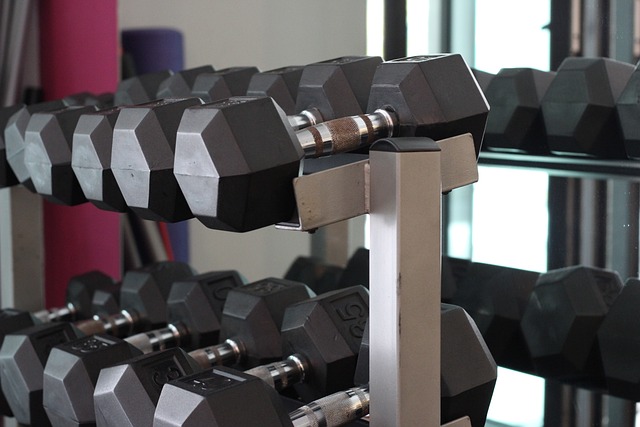 Every parent hopes to have a healthy newborn, yet birth defects remain fairly common in the United States. Â In fact, the Centers for Disease Control and Prevention (CDC) states that every 4.5 minutes, a child comes into this world with some type of defect. Â To raise awareness about doing everything possible to ensure healthy birth outcomes, this post features information for fathers to be on the link between age and birth defects. Â It is appropriate that during January, Birth Defects Prevention Month, that both men and women learn all they can about producing healthy children.
Every parent hopes to have a healthy newborn, yet birth defects remain fairly common in the United States. Â In fact, the Centers for Disease Control and Prevention (CDC) states that every 4.5 minutes, a child comes into this world with some type of defect. Â To raise awareness about doing everything possible to ensure healthy birth outcomes, this post features information for fathers to be on the link between age and birth defects. Â It is appropriate that during January, Birth Defects Prevention Month, that both men and women learn all they can about producing healthy children.
What Qualifies as a Birth Defect?
First, one must understand what defines a birth defect. As explained by the CDC, major birth defects actually change the structure of one or more parts of an infants body. Â This means that internal organs, the arms and legs, the spine, and even the brain can be affected in some way. Â Spina Bifida, Cleft Lip, and Down Syndrome are names of birth defects that many may recognize; however, there are many other types of abnormalities that occur. Â No matter what the birth defect, “they can have a serious, adverse effect on health, development, or functional ability” of a child (CDC).
Preventing Birth Defects
Men must realize that being in the best shape possible before getting his partner pregnant is a must. Â One must refrain from smoking both cigarettes and marijuana and from drinking alcohol. Â In addition, eating a healthy diet as recommended by MyPlate.gov will certainly be a benefit. Â Taking the above steps will help to ensure well developed sperm.
In addition, studies show that age matters when deciding to have children. Â The Vermont Department of Health asserts that men over the age of 37 1/2 have a greater chance of having a child with a genetic birth defect. Â These genetic syndromes happen due to actual changes in an older man’s sperm.
Many news stories explain this link further.  For instance, a June, 2006 New York Times article by Nicholas Bakalar  give an overview of the problem: “The rising age of fathers has been associated with reproductive problems including spontaneous abortion and with genetic diseases like achondroplasia, a type of dwarfism, and Apert syndrome, which involves severe bone malformations. Evidence from other studies also suggests that aging sperm plays a role in disorders like schizophrenia, in which genetic contributions to the illness are more complex and not as well understood. But little is known about which sperm abnormalities rise with age.”
Health Care Provider: Strong Relationship
With any health concern, a man’s best source of information will come from his health care provider. Â While these studies may scare those over 37, they should not be the sole determining factor whether or not a man should father a child. It is best to discuss concerns with a physician, the person who knows your particular health status, and that of your partner’s. Â If a man is seriously thinking about starting a family, he should (at any age) visit a physician to discuss ways to increase the chances of a positive outcome.
(Photo courtesy of Samuel Rosa)










